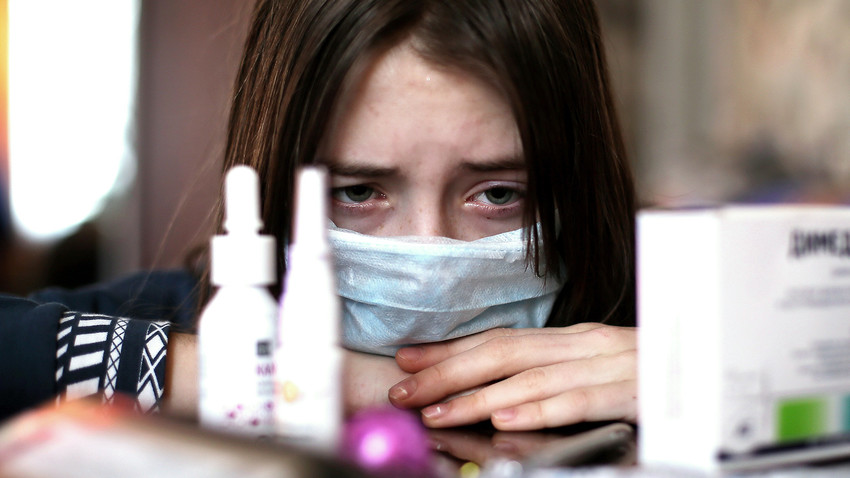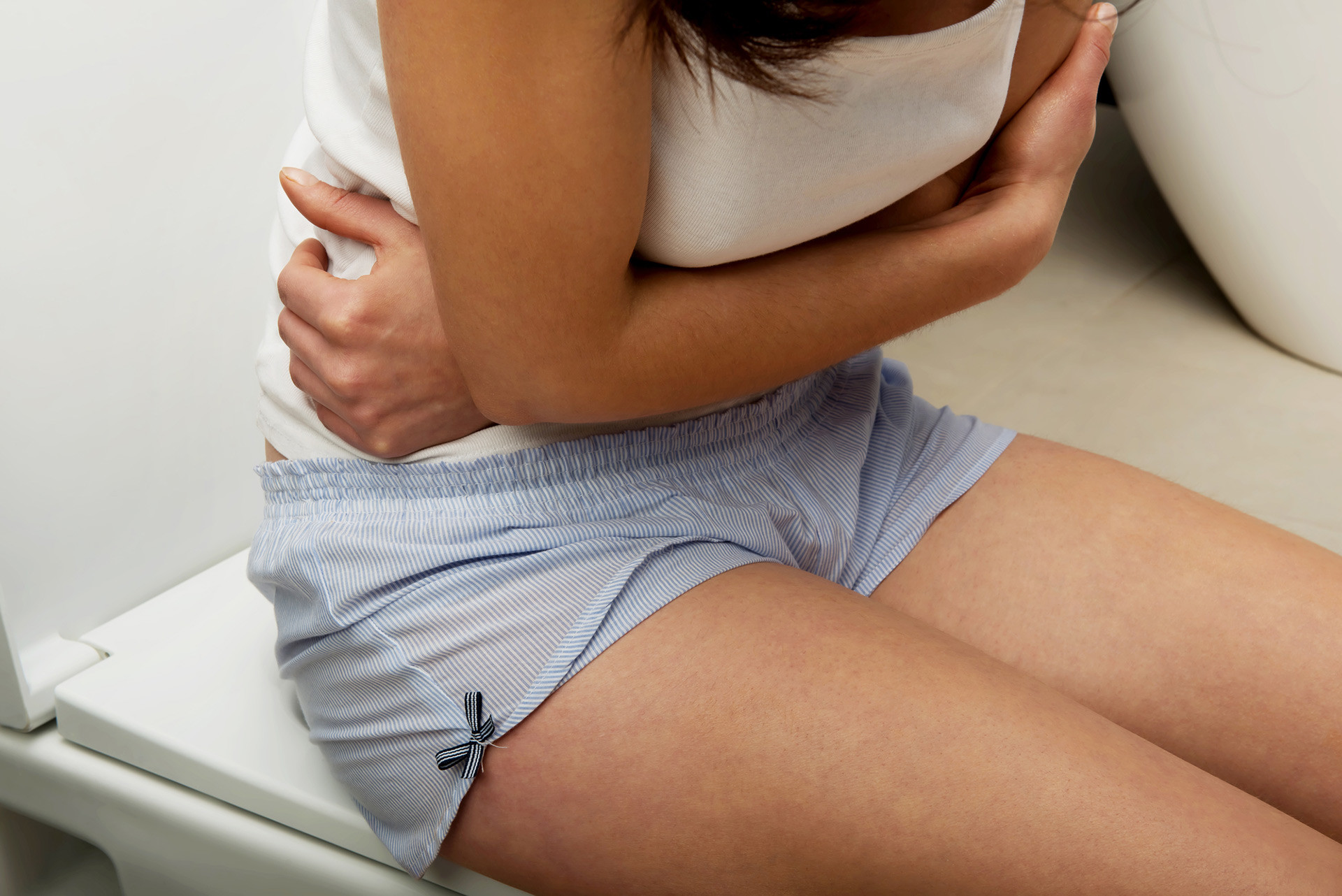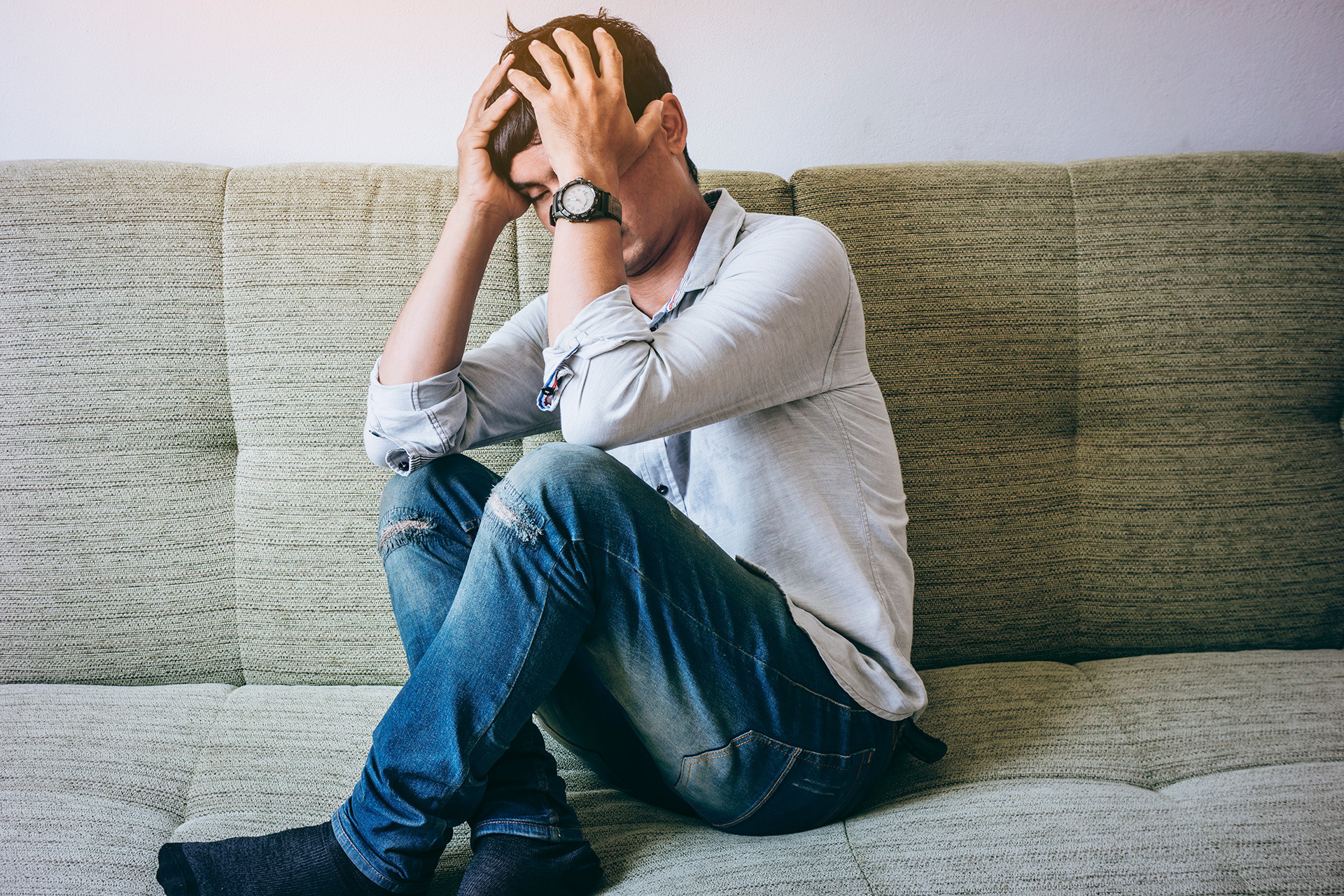I think I’m sick: A survival guide to Russian pharmacies
Of
I think I caught a cold. What’s the best treatment?

First of all, if you are just a little under the weather perhaps you can try folk medicine: Tea with lemon and ginger or honey – this will help you fall asleep under a warm blanket.
If this doesn’t help, Russian pharmacies stock medicines with paracetamol that will cool you down and relieve a cold’s symptoms - perfect if you are taking a flight or trying to get through a day’s work. All medicines should have the directions of use written in English as well as Russian. If you start feeling any worse make sure to visit a doctor though.
Among the most popular powders
There are tablets containing ibuprofen to relieve inflammation. Ingavirin or Amiksin will help to fight a virus.
If your nose is blocked there are many nasal sprays to choose from: Sea aqua (Aquamaris), Otrivin, Tizin, and one of the cheapest, Rinonorm – to name but a few.
If you have a sore throat or a cough, there are also sprays such as Tantum Verde, Geksoral, and
I think I’ve eaten something bad. What can soothe my stomach?

There are also lots of medicines for this delicate case.
First of all, Russia produces a great medicine called activated charcoal. Russians love these really cheap black tablets and take them for all types of stomach problems, as they absorb everything. They also help acclimatize your belly to foreign water and food while traveling.
Charcoal is also one of the most popular methods to prevent a hangover! Russians usually take charcoal before drinking alcohol or in the morning if they feel bad (Enterosgel is also helpful but costs more and not everyone can bear its texture).
Now pharmacies also sell an advanced version of this medicine – white charcoal. It’s a bit more expensive, but you only need to take two of three tablets while the black variety requires one tablet for every 10 kg of bodyweight.
If you’ve overeaten there are great tablets called Mezim which help with digestion.
In case of
Diarrhea!? There’s Smekta (ask for the ready to take stuff) which has an absorption function and covers the stomach, relieving pain. If you just want to immediately stop diarrhea, Imodium or
By the way, Russians usually only eat chicken broth with croutons and drink tea if they have an upset belly.
I have a headache or period pain...

There are lots of different painkillers (analgesics). One of the most common is Nurofen or a Russian medicine called Nekst. Spasmalgon helps fight spasms. From Soviet times Russians used to take Analgin or Zitramon for headaches.
There are also stronger medicines that we don’t advise taking in the long run without consulting a doctor: Ketorol, Nise (especially for articulation pain), and Pentalgin (for pulled back and neck muscles).
For periods, sanitary pads and tampons are usually shown in the pharmacy’s storefront, so you can point to whatever you need (or just grab it, as some pharmacies have a supermarket system).
I fell while skating on Red Square: Now I have bruises and pulled muscles!

If you feel a strong pain, you should visit a doctor. To treat bruises Russians use iodine (it’s now sold as a stick) so you can apply it to damaged skin. Iodine is also good for disinfecting small gashes (be careful, it will sting).
There’s also a Zelenka stick, the Russian version of iodine, but it can make all your clothes and hands green - and it’s almost impossible to wash out.
For pulled
Your brief pharmacy phrasebook:
Can I have something for a headache? – Mozhno
Activated (white) charcoal, please! – Pachku
Do you have something for a sore throat? – U vas
Plaster –
Band – bint (Бинт)
Cold –
Menstrual pads –
Just to be clear, we don’t recommend self-prescribing any medicines - it’s always better to see a doctor. Read our guide on how a foreigner can get medical assistance in Russia.
If using any of Russia Beyond's content, partly or in full, always provide an active hyperlink to the original material.
Subscribe
to our newsletter!
Get the week's best stories straight to your inbox